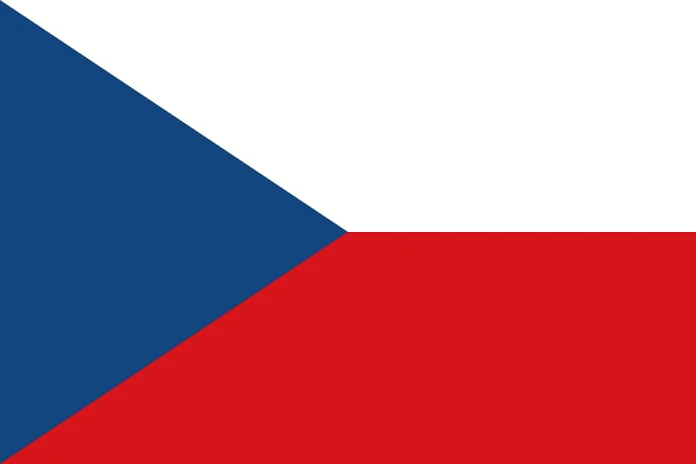In a recent report released by the Czech Labour Office, job vacancies in March reached a substantial 284,525, almost on par with the number of job seekers at 273,478. Despite this apparent equilibrium, Czech companies are grappling with labor shortages across various sectors, leading to an increased demand for skilled and blue-collar workers, according to insights from EURES.
The European Job Mobility Portal highlights a persistent need for new hires, emphasizing the scarcity of skilled craftsmen in particular. Surprisingly, 71.6% of these vacancies welcome candidates with primary or lower education, with an additional 70.9% considered suitable for foreign workers.
The most sought-after professions in the Czech Republic span construction, manufacturing, transportation, culinary arts, and general services, with the top ten occupations including building construction workers, forklift operators, warehouse workers, assembly workers, CNC machine operators, truck and tractor-trailer drivers, cooks, bricklayers, masons and tilers, and cleaners.
Prague takes the lead in job vacancies with an impressive 78,112 openings, closely followed by the Central Bohemia region with 58,300. The capital city exhibits a growing demand for workers in sectors such as mining, construction, manufacturing, and transportation.
However, EURES points out that individuals with lower qualifications, especially those lacking a high school diploma or having only primary education, face a higher likelihood of unemployment.
For non-EU, EEA, or Swiss citizens seeking employment in Czechia, a mandatory visa and work permit are required, even for short-term positions. Czechia provides three types of work permits: the Employee Card, the Blue Card, and the Intra-Company Transferee Card.
With a minimum wage of approximately €720 per month, Czechia falls into Eurostat’s Group 3 for countries with a minimum wage below €1000. According to Numbeo, the country ranks as the 25th most expensive in Europe in terms of living costs.
To counter the persisting labor shortages, the Czech government initiated a new migration program in August, targeting Indonesian polytechnic students. The program aims to bring around 300 students to work in Czechia for a duration of two years, offering a strategic solution to alleviate the scarcity of skilled workers in key sectors.


